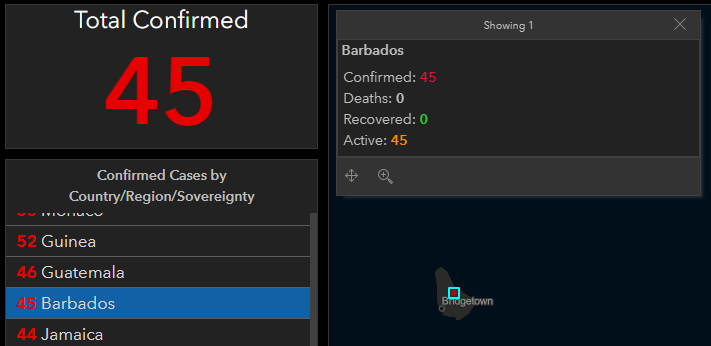I find this an interesting quote. Correct me if I’m wrong, but you seem to imply the world is overpopulated. This is not a novel or outrageous claim, but you just take it with a grain of salt that everyone would agree with you. With resources, and anticipating counterarguments, can you defend this statement?
One tiny point I’d start with, when it comes to 30+ years of data from the World Bank we have dropped undernourished births from 24.9% in 1990 to 13.5% by 2017 (with clear reduction trend continuing). We are producing bumper crops and variety to vary our diets, which helps everyone fight anemia, especially pregnant women. Every time we as a civilization face food shortages or hardships, we come up with new or creative methods of growing, planting, harvesting, or raising animals.
Furthermore, advances in fertilization, crop rotation, refrigeration, transportation, greenhouses, hydroponics, and many other areas of science have allowed the required percentage of agriculturally-inclined (farmers, ranchers, etc.) citizens to reach all-time lows as per-person yields have increased to the point that our world’s entire food supply is providing more than ever in every corner of the globe – from first to third-world nations. More productive, lower share percentage steadily improving for 100s of years means more people have the opportunity to do other jobs (or enjoy a higher standard of living). Every single laborer in Australia or New Zealand for example produces $92,600-$99,700 on average of real value to the economies there, and that’s everyone from the big corporate farms to the small family farms and includes seasonal labor and part-time workers. The amplification of labor through the means of tractors and other automation/machinery was a huge turning point over 100 years ago, and 2nd/3rd world nations are just now beginning to sow and reap these benefits as poorer African, South American, and Asian nations leverage the opportunities to become as productive as possible with the resources they have available.
All this from the perspective of I grew up on a farm in rural nowhere Colorado. Quite beautiful, but that’s besides the point – the only people I’ve ever heard complain about overpopulation are urban city dwellers with very little (if any) experience with the food supply. From the perspective of someone that’s lived 15 minutes outside tiny, 1 stop light towns to some of the most massive cities on earth on multiple continents, cities can be busy and seem crowded. And often are. But there is plenty of other land and space.
I realize that there are other issues we as humanity must overcome if we want to keep growing, from pollution to deforestation to global warming to others, but in general I am optimistic and confident in human ingenuity. When a problem is serious, we unite and challenge it head on. When we lack something essential, we create substitutes or alternatives. When we desire something necessary, we find a way. Based on every metric we have available, I can’t think of a better time to be alive than now as we have consistently improved the average way of life for everyone.
Look at the moon – we’ve been studying the rocks and soil we brought back from the Apollo missions for 50 years and haven’t found anything useful to grow or do with it, yet I’m still positive that if we so desired we can find a way to build a sustainable moon colony. Maybe hydroponics is the best answer since the soil is such garbage…but we’ll find a solution.
Bottom line, the earth isn’t remotely full or overpopulated and we can find ways to sustain 10 billion, 15 billion, or even 50 billion when it comes to it. I don’t think we give our farmers enough credit; they are very knowledgeable within their fields of expertise and find new ways to save water, use less pesticides, grow more using less, partner with university scientists to test new seeds/GMOs, etc. We aren’t even at peak production in the developed world, and the developing world is rapidly adopting modern methods to quickly become multiple factors more productive than previous generations for their region. Being fruitful and multiplying is something we excel at, and a few more babies isn’t tipping the balance anytime soon according to NIH researchers.
Again, not saying there aren’t things to be concerned about as a population, but this planet is huge and a trip out to the wilderness, forests, plains, swamps, mountains, or steppes is a great reminder when we forget. Click links for a taste of my home. 


 while there are some tension and disagreements (which is to be expected in such crisis ) EU is giving money to all of it’s members .
while there are some tension and disagreements (which is to be expected in such crisis ) EU is giving money to all of it’s members .